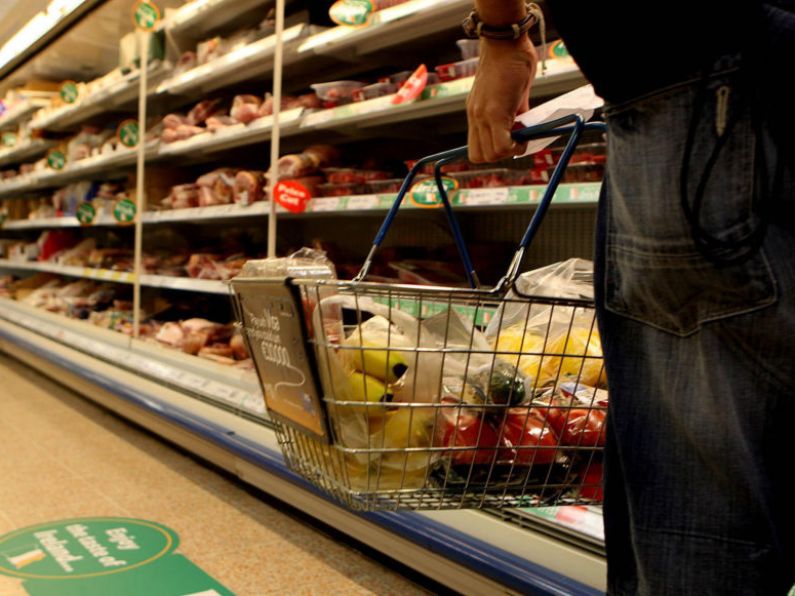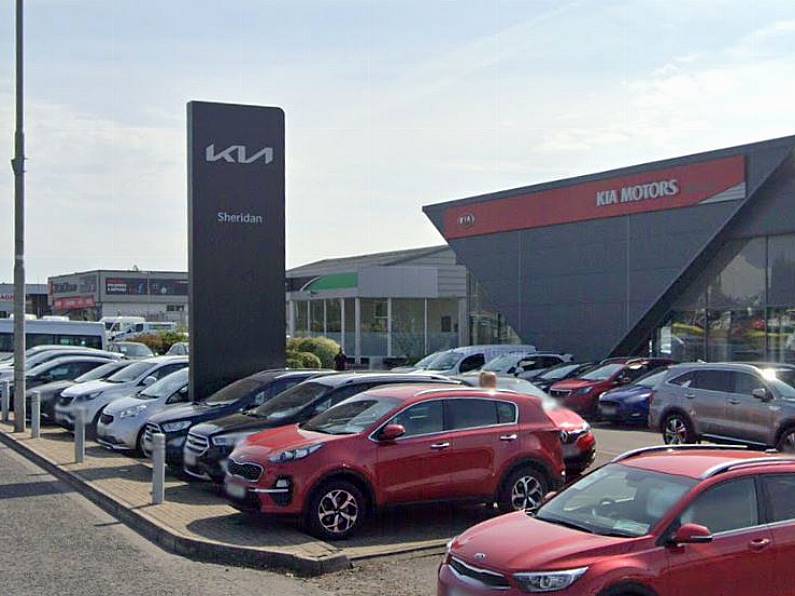Muireann Duffy
The price of groceries increased by 4.7 per cent in the 12 weeks to mid-April, according to the latest figures from Kantar.
In the period to April 17th, grocery sales fell by 7.2 per cent as shoppers felt the pinch of inflation, which reached its highest level since September 2013.
The figures show the average household is facing an annual increase in the cost of groceries of €330, while 23 per cent of shoppers said they are now struggling to make ends meet with their weekly food shop.
Online grocery shopping continues to grow, as sales increased by 3.9 per cent compared to the previous period, with an additional €2 million being spent over the web.
"The impact of grocery inflation is being felt widely across store shelves and consumers will be noticing the effects on their budgets," Kantar's senior retail analyst Emer Healy said.
Despite this, the easing of Covid-19 restrictions has also enabled consumers to spend their money elsewhere: "The average spend per buyer has also fallen significantly by €144 as consumers eat more meals out of the home," Ms Healy explained.
Sales of instant hot snacks and frozen pizzas have also grown, up 9 and 4.3 per cent respectively, "as shoppers turn to quick and easy meals now that many of us are back in the office and juggling school runs again".
Irish shoppers also spent €10.8 million more on Easter eggs in the four-week period to the Easter bank holiday weekend compared to the same period last year, while hot cross bun sales were also up by €620,000.
Dunnes Stores held the largest market share during the period (22.4 per cent), followed by Supervalu (21.8 per cent), Tesco (21.7 per cent), Lidl (13 per cent) and Aldi (12.1 per cent).






